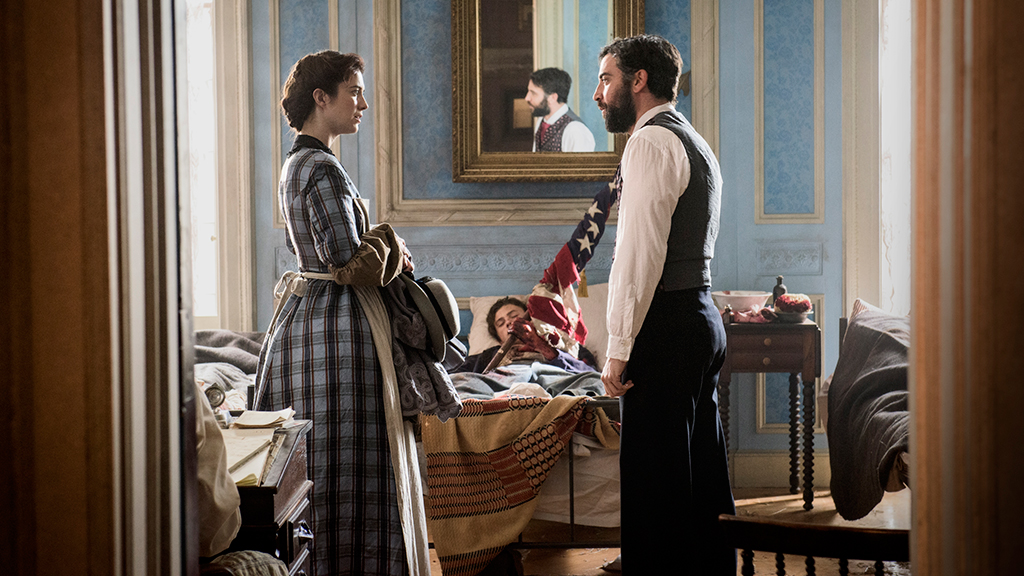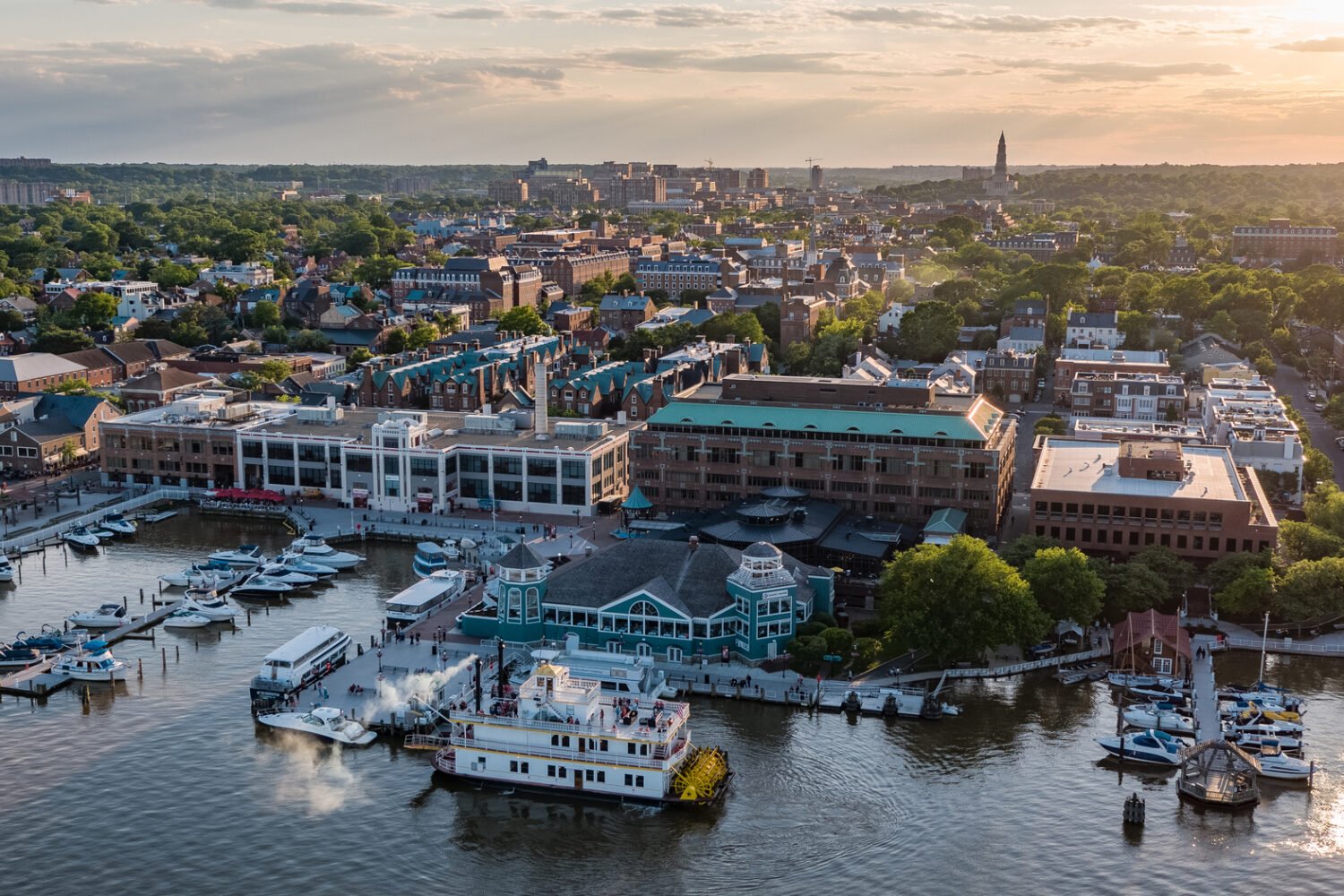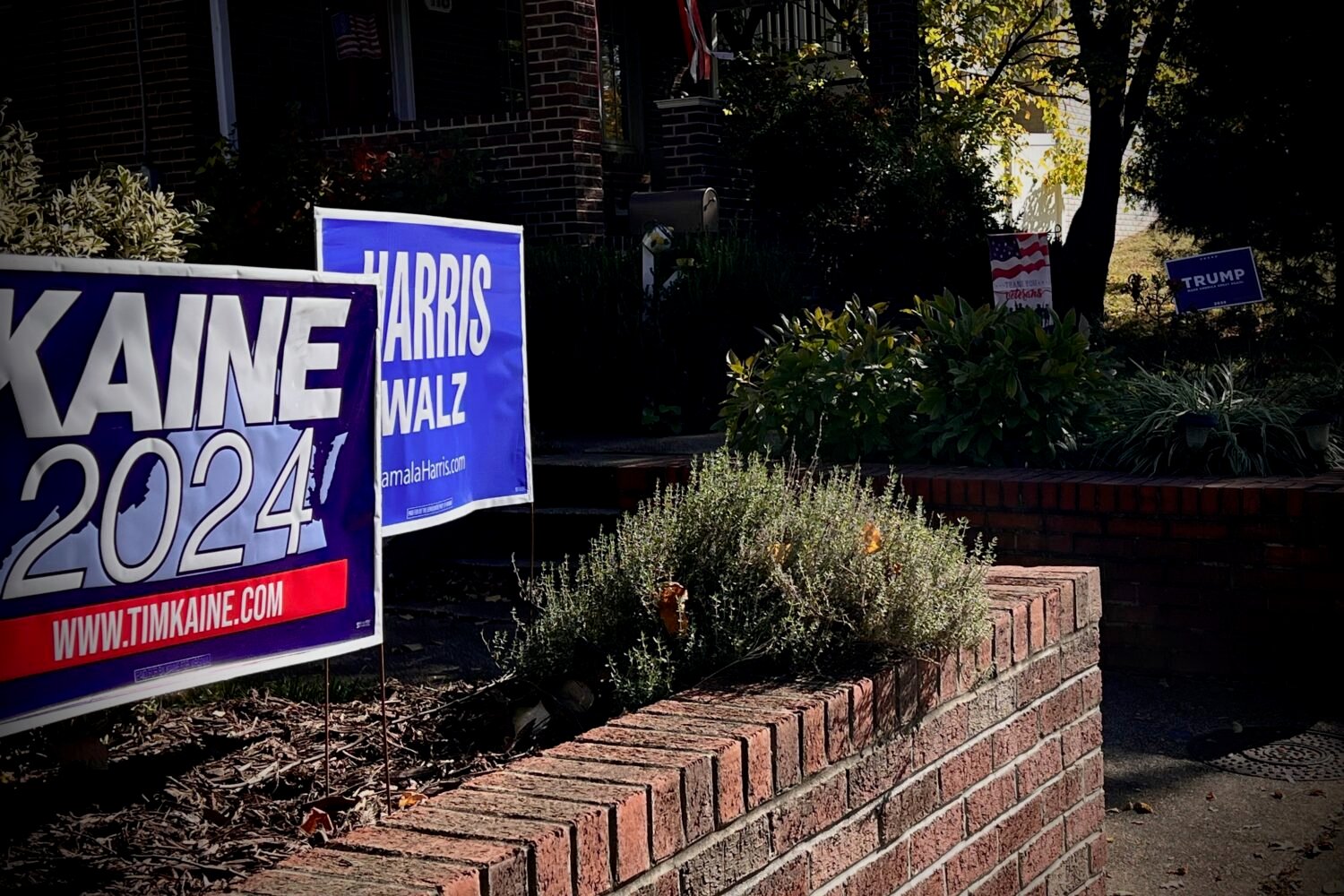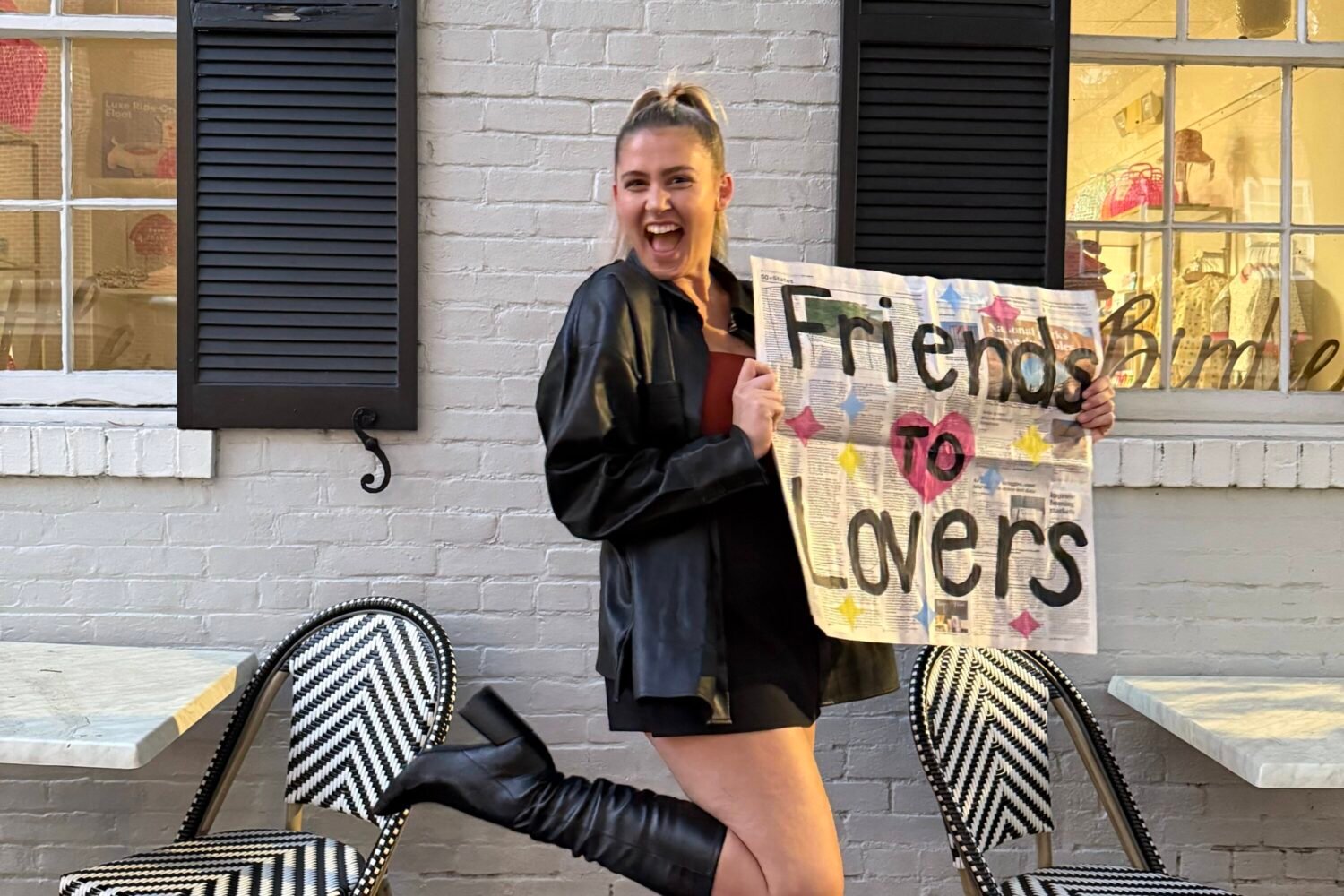Returning for a new season, PBS’s Mercy Street explores Alexandria and its Mansion House Hospital during the Civil War, with inspired-by-true-events stories that highlight the roles of the city’s volunteer nurses, doctors, African-Americans (slave, free, and fugitive), soldiers, and even spies. The City of Alexandria has Mercy Street–related events, exhibits, and tours through January and beyond.
1. Carlyle House
At the original home of Mercy Street’s Green family, you can learn about the real people who lived and worked at Mansion House—Carlyle House’s other name—through the tour/exhibit “Who These Wounded Are” (January 22–June 30). $5 to $10; carlylehouse.org.
2. Gadsby’s Tavern
Then known as the City Hotel, it was the only major Alexandria hotel to remain open during the Civil War. Now a restaurant, it hosts a Civil War Wine Dinner (January 26), featuring 19th-century-inspired food and wines from Gray Ghost Vineyards. $125; gadsbystavernrestaurant.com.
3. The Lyceum
At this history museum, author Helen Zoe Veit discusses her books Food in the Civil War Era: The North and Food in the Civil War Era: The South (January 12), examining what the two regions’ cuisines can tell us about the war and its effect on the population of each. $10; alexandriava.gov/lyceum.
4. Stabler-Leadbeater Apothecary Museum
Once an apothecary, this museum launches two exhibits. “Apothecary of Mercy Specialty Tour” (January 8–April 9) is a 45-minute tour every second Sunday about 1800s remedies. “This Terrible Disease” (opening January 13) looks at the apothecary that supplied Alexandria during the war. $5 to $8; alexandriava.gov/apothecary.
5. Contrabands and Freedmen Cemetery Memorial
Season two goes deeper into the stories of “contraband” African-Americans who fled north to escape slavery. This burial place for 1,800 of them, who found refuge in Union-occupied Alexandria, highlights the name and age of each person interred there. alexandriava.gov/freedmenmemorial.

















